Microbiology
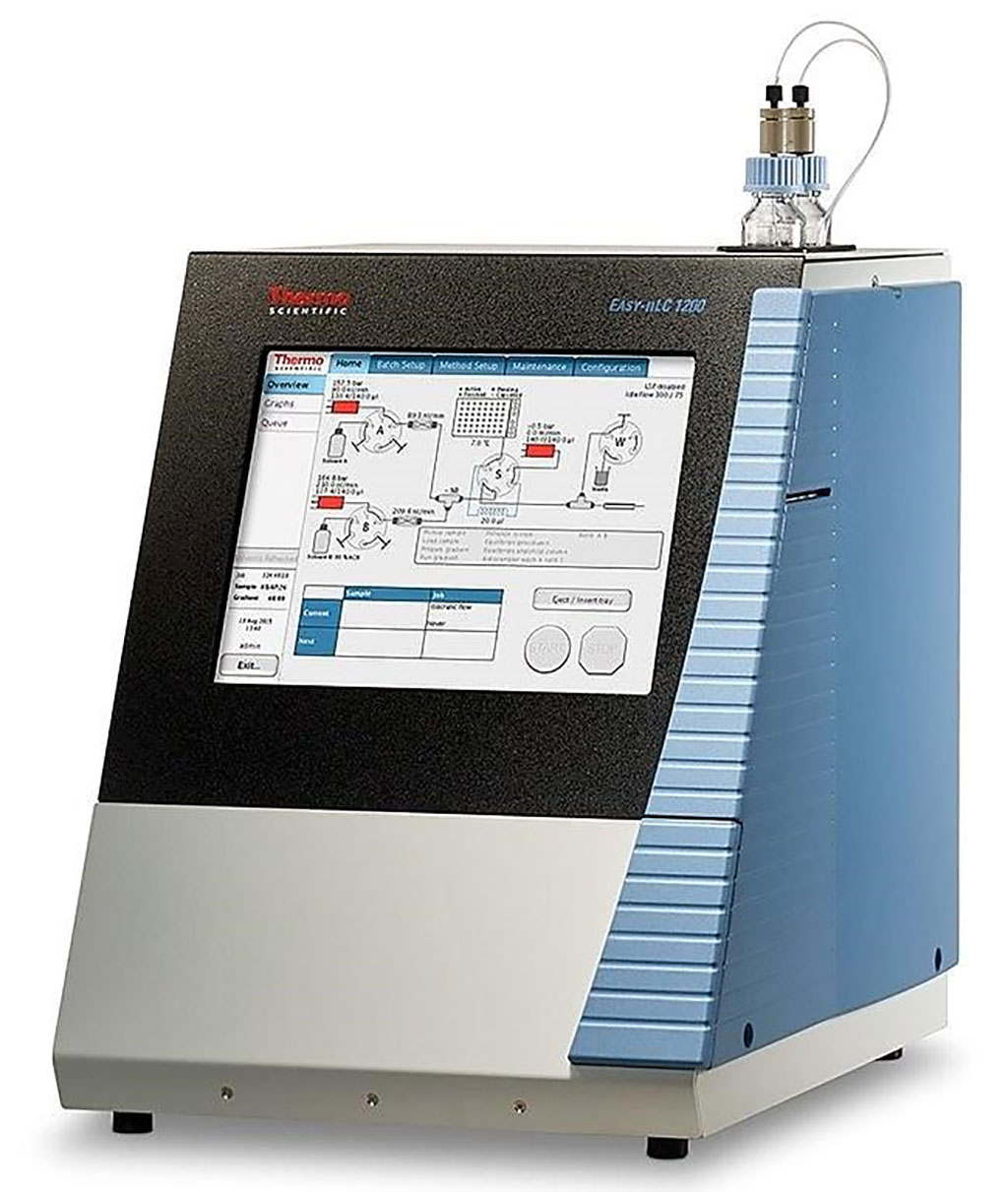
Toxoplasmic Encephalitis in HIV Patients Detected in Urine
Toxoplasma encephalitis (TE) is the most commonly reported neurological opportunistic infection in human immunodeficiency virus (HIV)-infected patients since the introduction of combination ART (cART). Diagnosis of TE is challenging under the best clinical circumstances. More...25 Mar 2021
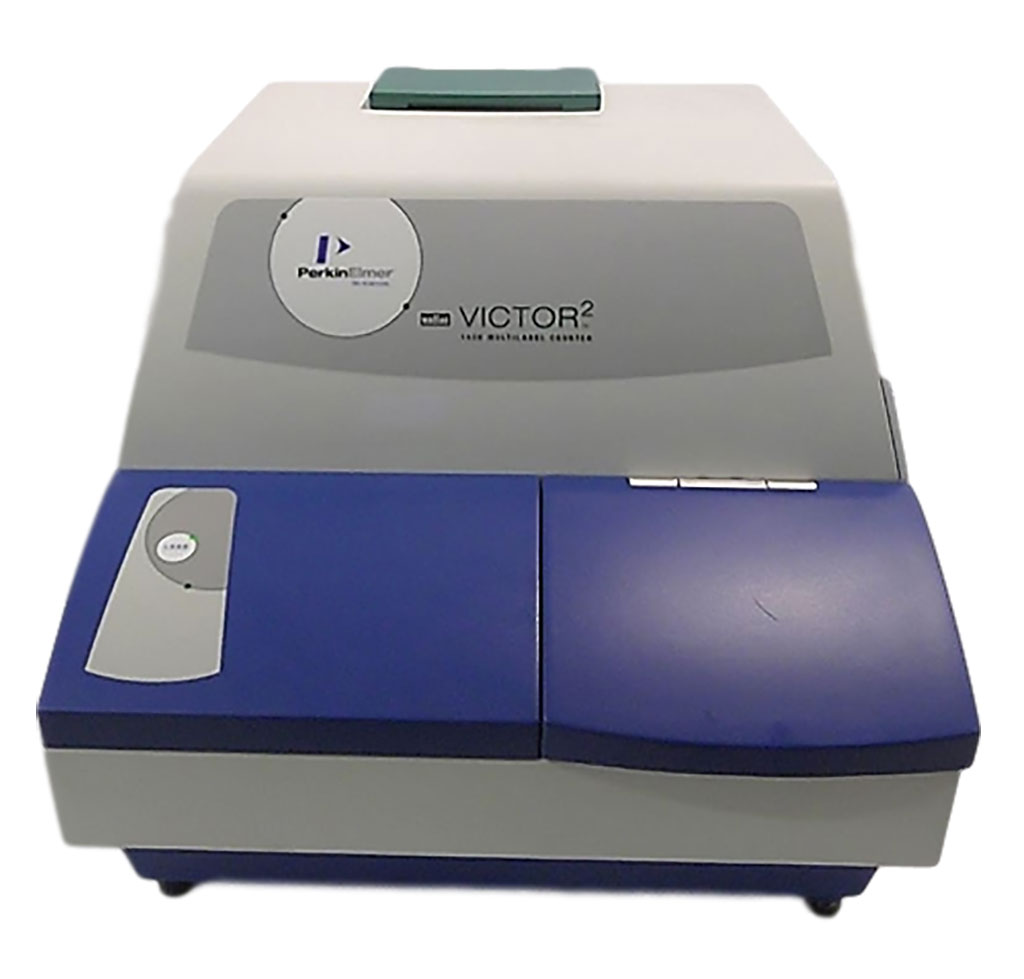
COVID-19 Induces a Hyperactive Phenotype in Circulating Platelets
Coronavirus Disease 2019 (COVID-19) is characterized by a marked pro-inflammatory response with fever, elevated inflammatory markers, and clinical and radiological features of pneumonitis being evident among affected individuals. More...15 Mar 2021
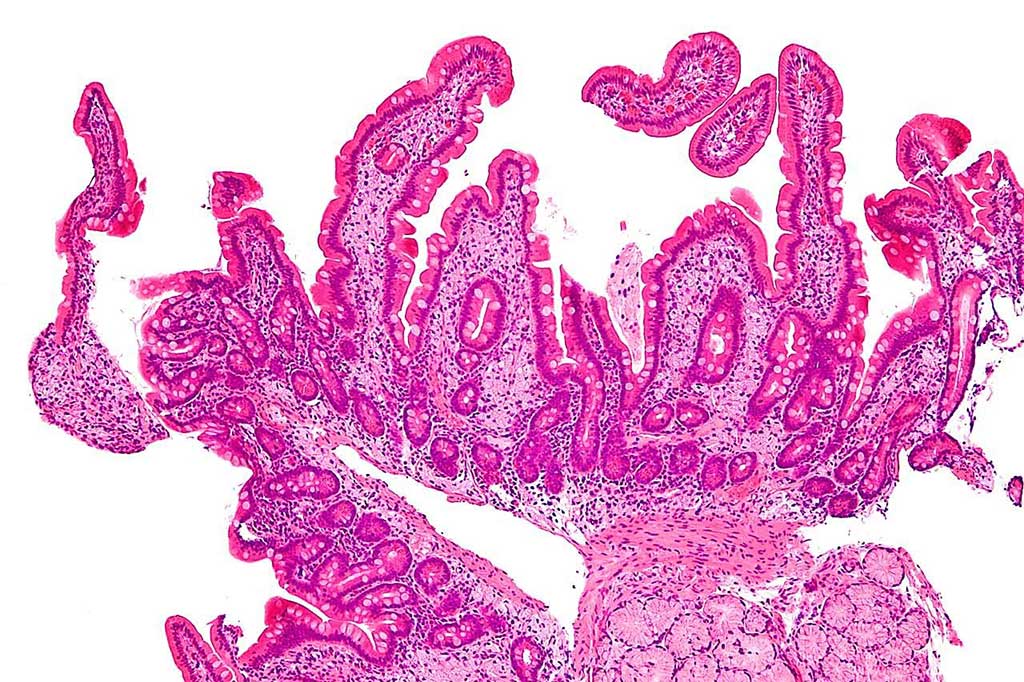
Whipple’s Disease Pathogen Found in International Diarrhea Patients
Tropheryma whipplei is the causative agent of Whipple’s disease. The organism has also been detected in the feces of healthy or asymptomatic persons and in the feces of patients with diarrhea. Symptoms tend to develop slowly over many years in most people with this disease. More...11 Mar 2021
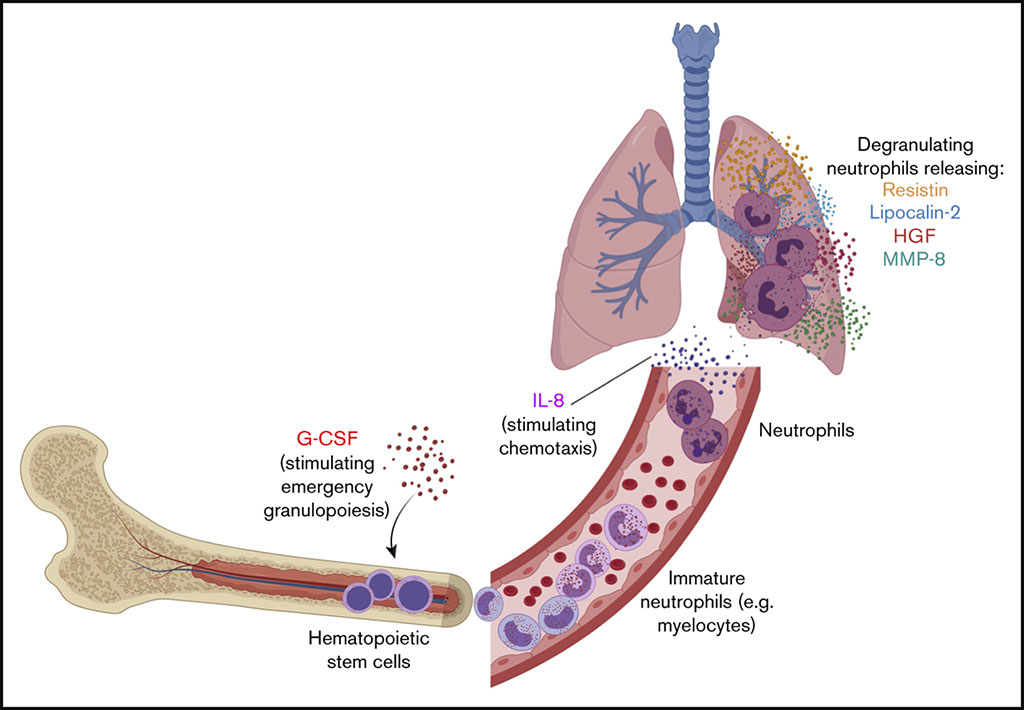
Blood Tests Offer Early Indicator of Severe COVID-19
For most patients, COVID-19 manifests as an upper respiratory tract infection that is self-limited. However, the progression of COVID-19 in a large subset of patients to respiratory distress, multiorgan failure, and death has resulted in an enormous global impact. More...09 Mar 2021
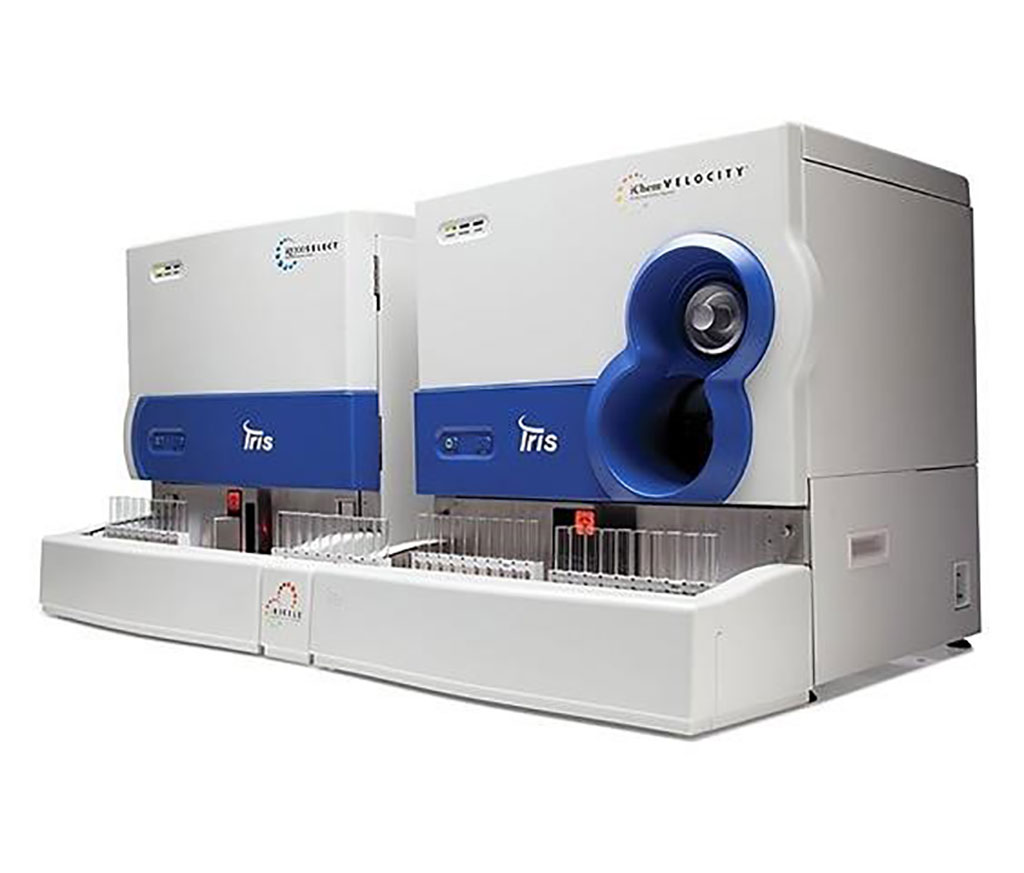
Three Automated Urine Analyzers Compared with Manual Microscopic Urinalysis
Urinalysis is an essential screening test in clinical laboratories in order to diagnose and plan treatment for urinary tract infections, kidney disease and diabetes. Urinalysis includes visual examination, evaluation of chemical parameters and microscopic examination. More...03 Mar 2021
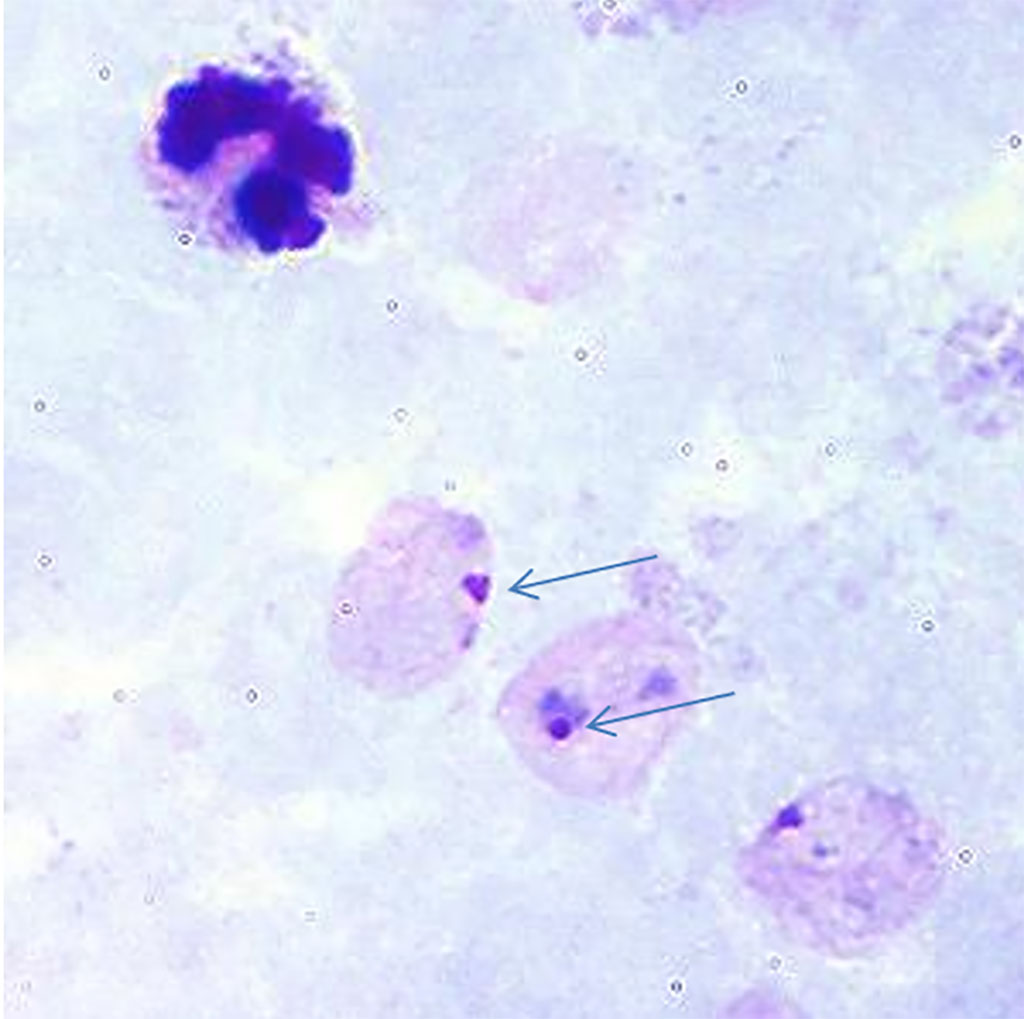
Magneto-Optical Diagnosis Evaluated for Symptomatic Malaria
Malaria places a significant social and economic burden on many tropical developing countries, further undermining the potential for growth. Development of rapid, easy-to-use and low-cost malaria diagnostic methods, with high sensitivity and specificity, remains an urgent priority for tropical diseases. More...02 Mar 2021
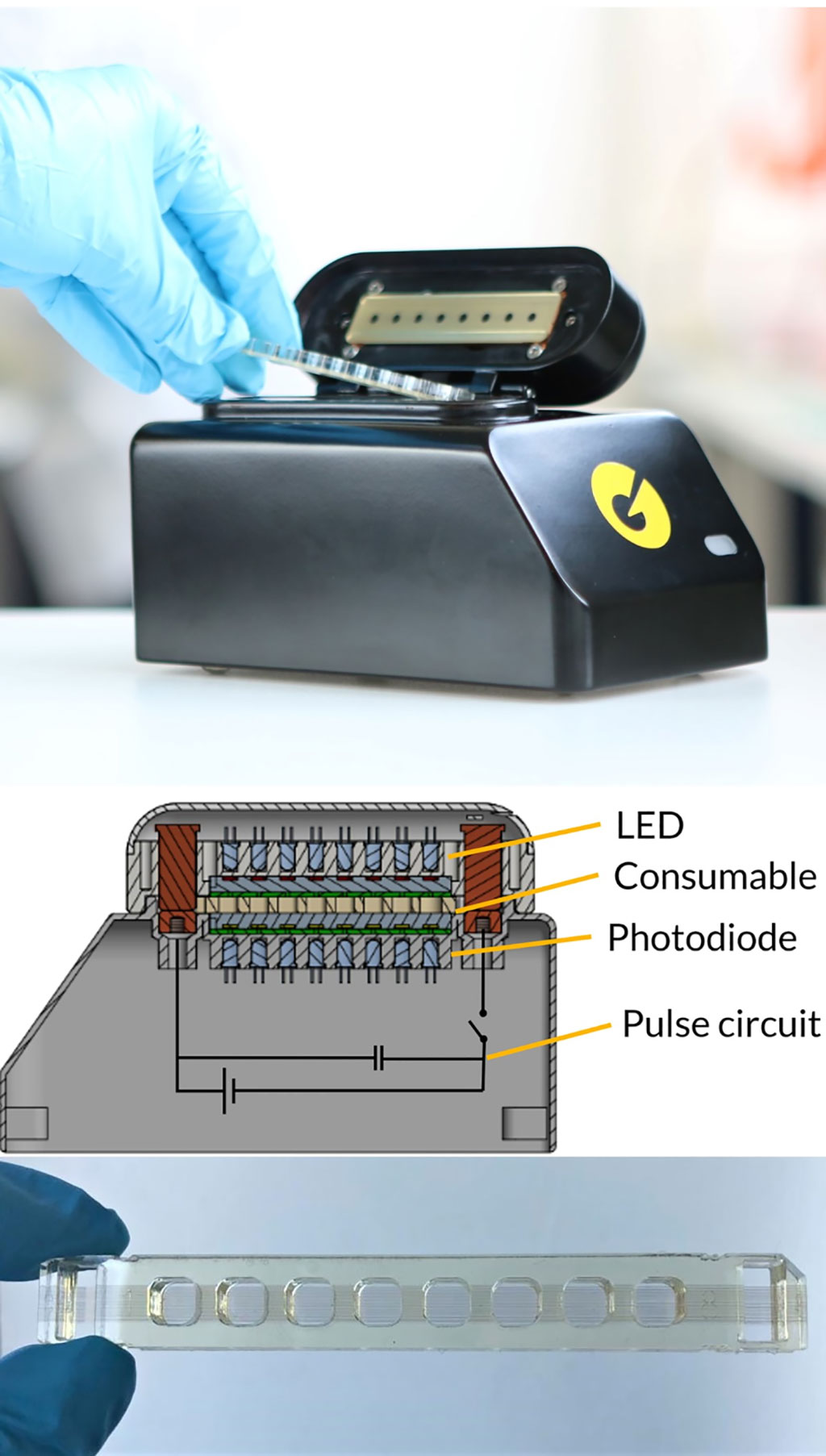
Pulse-Controlled Amplification Tested for Infectious Disease Diagnostics
Molecular diagnostics has become essential in the identification of many infectious and neglected diseases, and the detection of nucleic acids often serves as the gold standard technique for most infectious agents. More...25 Feb 2021
In Other News
Urinary Antigen Test Kit Evaluated for Diagnosing Legionella Pneumonia
T Cell Response Profiled in COVID-19 Patients
Automated Leucocyte VCS Parameters Evaluated for Pathogenic Infections
Abnormal Liver Function Test Associated with Severe SARS-Cov-2 Infection
Prolonged Maternal Zika Viremia Evaluated for Adverse Perinatal Outcomes
TAP1 Gene Polymorphisms Associated with Recurrent Respiratory Papillomatosis
RDW Levels Associated with Adverse Outcomes in COVID-19 Patients
Automated Urine Microscope Verified for Regional Laboratories
ABO Histo-Blood Groups Influence Makeup of Gut Microbiome
Multiplex PCR Panel Evaluated for Diagnosis of Pneumonia
Early Differences in Cytokine Production Distinguish Severity of COVID-19
Automated Urine Microscopy Analyzer Detects Uropathogen Morphology
Panel of MicroRNAs Differentiates Uncomplicated and Severe Malaria in Children
Increased Serum Neurofilament Light Portend Worse Prognosis in COVID-19
Immunohistological Detection of Small Particles of Echinococcus Species Evaluated
MALDI-TOF-MS Evaluated for Rapid Diagnosis of Bacteremia and Fungemia
Blood Type Linked to Risk Of COVID-19 Infection Severity
Hyperglycemia and Hypoglycemia Associated with Poor Outcomes in COVID-19 Patients
Scrub Typhus Enzyme Linked Immunoassay Evaluated for Accuracy
Newly Developed Immunoassay Evaluated for Infectious Diseases
Quick Ultra-Sensitive System Identifies Multidrug-Resistant Bacteria
Elevated Soluble C5b9 Biomarker Found in SARS-Cov-2 Infected Children
MALDI-TOF MS Employed for Early Diagnosis of Bloodstream Infections
The LabMedica Microbiology channel provides the latest news in the fields of epidemiology, bacteriology, virology, and parasitology, all viewed from the unique perspective of Laboratory Medicine.










